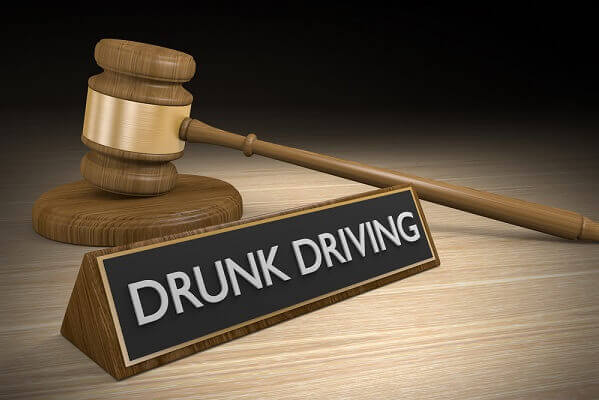Understanding the Severity of Felony DUI Charges in Texas
Felony DUI charges in Texas carry significant consequences, including lengthy prison sentences and substantial fines. Unlike misdemeanor charges, which may result in shorter jail time and less severe penalties, felony DUI offenses reflect repeated violations or aggravating circumstances, such as causing injury or death while driving under the influence.
The state of Texas categorizes DUI offenses based on the severity of the crime and the offender's history. For instance, a third DUI offense can escalate to a felony charge, resulting in a minimum of two years up to ten years in prison. Understanding these distinctions is crucial for anyone facing such serious allegations, as the implications extend far beyond legal penalties, affecting personal and professional lives.
Steps to Take Immediately After a DUI Arrest
Being arrested for DUI can be a shocking experience, and knowing the right steps to take immediately can significantly impact the outcome of your case. First and foremost, it is essential to remain calm and compliant with law enforcement. Avoid making any statements that could be used against you later and consider contacting a qualified DUI attorney as soon as possible.
Your attorney will guide you through the legal process, help you understand your rights, and develop a defense strategy tailored to your specific situation. Additionally, gathering evidence, such as witness statements or video footage, can be beneficial for your case. Taking prompt action can enhance your chances of achieving a favorable outcome.
Common Defenses Against DUI Charges in Texas
When facing DUI charges, various defenses can be employed to challenge the prosecution's case. Some common defenses include questioning the legality of the traffic stop, the accuracy of breathalyzer tests, or the validity of field sobriety tests. Each of these factors can significantly impact the case's outcome and may lead to reduced charges or even dismissal.
For instance, if law enforcement did not have probable cause to stop your vehicle, any evidence obtained during the stop may be deemed inadmissible in court. Additionally, if a breathalyzer test was improperly calibrated, its results could be contested. Understanding these potential defenses is vital for anyone accused of DUI, as they can be the key to a successful defense strategy.
The Impact of a DUI Conviction on Your Future
A DUI conviction can have lasting effects on an individual's future, influencing various aspects of life, including employment opportunities, insurance rates, and personal relationships. Many employers conduct background checks, and a DUI on your record may hinder job prospects, particularly in fields requiring driving or high levels of responsibility.
Furthermore, a DUI conviction often leads to increased insurance premiums or even the inability to obtain coverage. The social stigma associated with DUI offenses can also strain personal relationships, making it essential to understand the full scope of consequences that come with a conviction. Seeking legal counsel can help mitigate these impacts and explore options for expungement or diversion programs.










